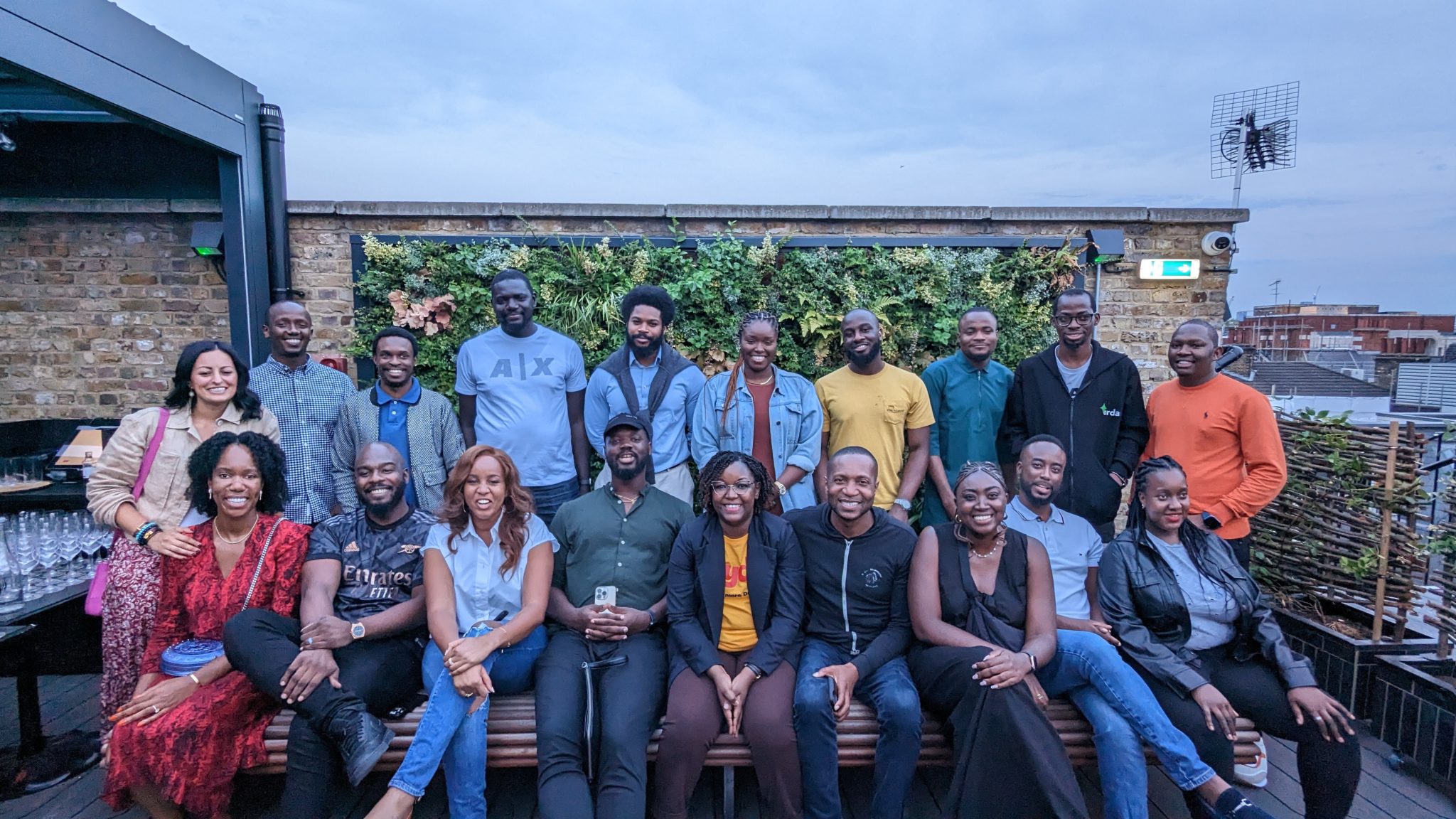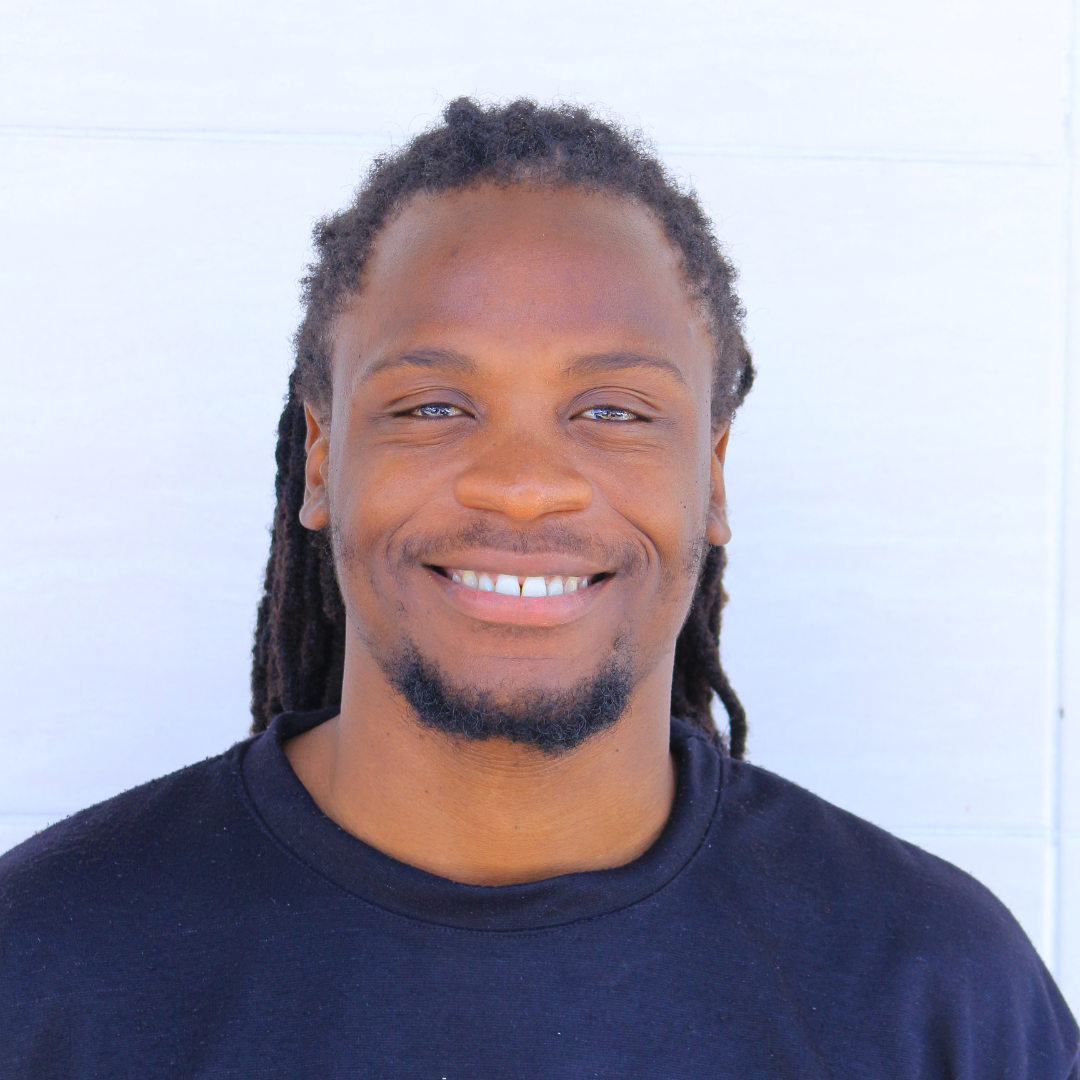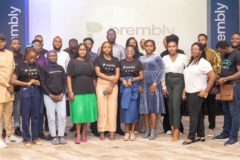TechCabal spoke to two of the three South African startups selected for the Google Black Founders Fund.
Last week, Google announced the startups selected for the third cohort of the Google Black Founders Fund. The $4 million fund seeks to help tackle systemic racial inequality in venture capital (VC) funding by providing equity-free grants and mentoring to early-stage, Black-led, and high-growth businesses across Africa and Europe.
This year, 25 African startups were selected, of which 72% are led or co-founded by women. Of the 25, three are from South Africa—Excel@Uni, HealthDart, and ZinaCare. TechCabal caught up with Excel@Uni and HealthDart to get their thoughts on being selected for the programme, the pain points their startups are addressing, how they plan to leverage being a part of the programme, and much more.
Excel@Uni
In South Africa, only an estimated 26% of university students graduate within the prescribed time for their degree due to high tuition fees, limited access to scholarships and grants, and the need to work part-time or full-time jobs to support themselves or their families. Furthermore, Stats SA indicates that only 2.1% of unemployed people are university graduates, while 7.5% have other tertiary qualifications. The remaining 90% of unemployed people do not have any tertiary qualifications.
While tertiary institutions and student funders—bursaries/scholarships—acknowledge the urgency of improving student success rates and career readiness. They however lack the tools, internal resources, and coordination to implement the pillars of student success at scale.
Excel@Uni, a South African edtech platform caters to this need by increasing the odds of youths graduating on time, training them to be work-ready, and earning an income from their studies. This is why Lungelo Gumede, CEO of Excel@Uni told TechCabal belives “The status quo has thus failed to produce graduates at the pace and quality required. When underwhelming or stagnant persistence, retention, and completion rates are reviewed, it becomes clear that the funds invested in students today are not realising their full potential.”
According to Gumede, being recognised by Google is a form of validation for the startup’s mission. He said funds received from Google’s Black Founders Fund will be used to deepen the startup’s market research. “Being recognised by an organisation like Google is a great form of validation for our mission, so naturally the team is ecstatic to have Google as a partner on our journey,” he told TechCabal. “We hope that it will help us to extend our market reach, as we try to encourage more scholarship donors to provide much-needed funding for tertiary students. We will play our part by using technology to ensure that the processes related to scholarship funding are as seamless as possible, alleviating the admin burden and ensuring that donors receive the return on investment in the form of higher completion stats and work-ready students,” he added.
Excel@Uni builds software for student funders in South Africa that helps them to manage their data and make iterative improvements to their student success interventions. In addition to building software, Excel@Uni provides a collection of digital peer-to-peer wrap-around support offerings to assist customers—bursaries/scholarships—to achieve the necessary outcome of career readiness for students. “Our wrap-around support offerings include digitally enabled peer-to-peer private tutoring, peer-to-peer mentoring, career readiness resources and bursary/scholarship administration. We are adamant about taking scholarships and student success to the next level,” Gumede told TechCabal.
While Excel@Uni is hoping to explore opportunities beyond its local scholarship market in the distant future, the edtech startup is keen on using Google Cloud’s offering to improve user experience of its app.
HealthDart
Fifty per cent of South Africans report visiting a pharmacy at least once a month, and 30% of adults are on chronic medication, per this report. However, accessing medication and enabling health consultations are often costly and inefficient processes. By leveraging technology, HealthDart enables patients to save up to 70% on medication and primary healthcare costs while receiving appropriate treatment for their health issues.
For Njabulo Skhosana, CEO of HealthDart, it hasn’t been smooth sailing addressing the problem. “One of the key challenges was identifying the most effective approach to streamlining access to medication and healthcare consultations,” he told TechCabal. “Additionally, we encountered difficulties in optimising our technology stack to keep data costs low for lower-income customers. Despite these challenges, we have been dedicated to continuous improvement, actively seeking feedback from users and adapting our solutions to meet their needs.”
Being selected as part of Google’s Founders Fund gives HealthDart access to Google’s cloud products and services. For Skhosana, tech-enabled healthcare is the future of healthcare; he asserted that HealthDart is on a mission to leverage technology to improve access to quality healthcare. “Our mission is to improve access to quality healthcare and medication by leveraging digital pharmacy, telemedicine, and health insurance integrations,” he said.























